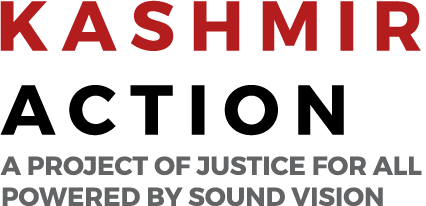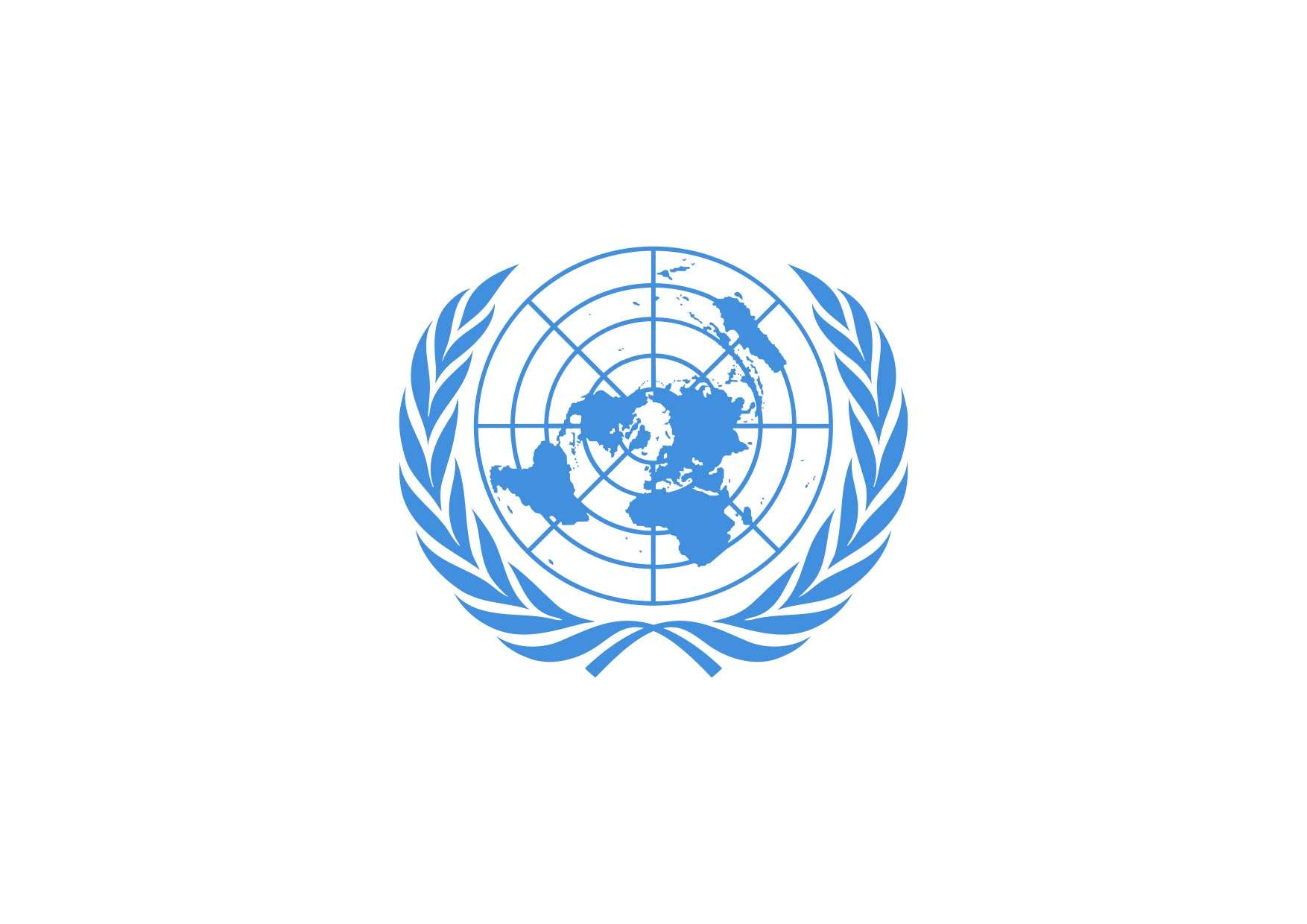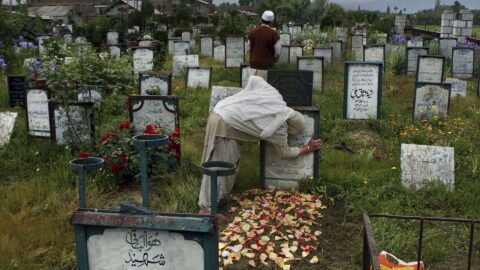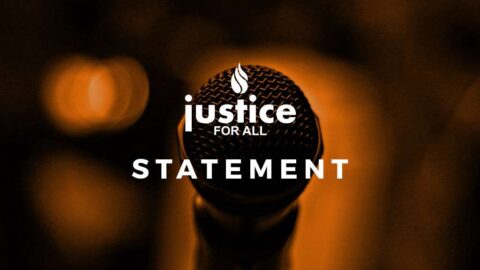Justice for All mourns the loss of life in the Pahalgam attack on April 22,…
The Kashmir Scholars Letter to United Nations
August 5, 2019
H.E. Mr. António Guterres
Secretary-General of the United Nations
Executive Office of the Secretary-General
S-3800, United Nations Secretariat Building
New York, NY 10017
Re: Request for immediate intervention of the UN in the Kashmir crisis
Your Excellency,
We, the members of Kashmir Scholars Consultative Network, are once again reaching out to you because of an unprecedented military buildup by the Indian government in Kashmir, and renewed military aggression on the Line of Control. In violation of the Geneva Convention, last week India is reported to have used cluster bombs in its attacks on civilian population on the Line of Control. Such acts make a nuclear war in South Asia a reality that demands immediate attention of the world community. All communication links with the Kashmir Valley have been shut down by the Indian government and its people are in complete isolation.
As of writing this letter, the Kashmir valley and other parts of the state of Jammu and Kashmir have been declared curfew zones undermining fundamental rights to food, movement, and health care. Since last week, a state of fear and terror has been created in Kashmir with the deployment of tens of thousands of extra troops, ordering evacuation of all Indians from out of state—pilgrims, tourists, laborers, and students, from the Valley, while continuing to impose curfew in different areas. All these acts have essentially led to an immediate collapse of the peak tourist season in Kashmir, an action that impacts the livelihood of a large sector of the Kashmiri population. Kashmiris were told not to panic, yet every action of the Indian administration is instilling fear and panic in the populace. Every effort is being made to disconnect the people of Kashmir from the rest of the world. As of Sunday evening (August 4th, 2019) the internet, mobile phones and land lines have all been disconnected.
It is important to note that the current situation has been building in the last several months and comes on the heels of the Indian administration’s collective punishment of the people by restricting access to the only highway in the Valley, continued violence, arbitrary arrests, detention, and denial of due process of law.
The current crisis is the backdrop to India’s unilateral efforts at changing the legal status of Kashmir by abrogating Article 35A and Article 370 of the Indian Constitution, laws that guarantee a special status to Kashmir. The current right wing BJP Government under Narendra Modi vowed to scrap the two articles that prevent non state subjects from buying property and settling in Kashmir. Article 370 was scrapped on Monday 5 August 2019. The move to end this status will certainly lead to a demographic change in Jammu and Kashmir, opening it up to settlement by outsiders. It will surely create a state of unrest in the Valley and other regions, and possible war between India and Pakistan.
As you are aware, India has repeatedly refused offers of mediation from the UN and other quarters. This clearly indicates India’s unwillingness to seek a negotiated, peaceful and just settlement of the conflict. Instead, we see preparations for an Indian version of the final solution.
Given the current emergency situation, we urge the United Nations to immediately intervene in and prioritize the resolution of the disputed status of Kashmir. While the Prime Minister of Pakistan has recently publicly admitted that the resolution of Kashmir is to be determined by the will of the Kashmiri people, the Indian administration continues its intransigent approach by denying this fundamental right to the people of Kashmir and claiming the disputed territory of Kashmir as an integral part of the Indian union.
We recommend that the United Nations demands immediate cessation of aggression in the region, and for resolution of the Kashmir dispute urgently works towards:
Immediate cessation of violence on the LOC and against Kashmiri civilians
Ensuring the right to free expression, a free press, free association and free assembly
Immediate restoration of basic human rights of movement, food, education, work and health
Restoring basic social and cultural rights and restoring dignity of lives without persecution, insult, and fear of intimidation
End to arbitrary interference in private home and work lives of Kashmiris
Recognizing the right of Kashmiri people to decide their own political future and exercise the right to build a free, just, and a peaceful society that recognizes the dignity of all people and seeks to improve the welfare of all its citizens
Recognize Kashmiri people’s right to self-governance through a government of the people and by the people, one that is accountable to, the people
Repealing all laws permitting preventive detention, political persecution and impunity
An end to military occupation and removal of military and paramilitary from the border
An end to torture, sexual violence, disappearances, murder, maiming, intimidation and other crimes and require all perpetrators of such crimes be duly punished through a transparent and accountable system
We urge the United Nations to create a Special Rapporteur with the mandate to urgently work towards the goals outlined above.
For your reference, here is a link to some of the recent human rights reports published since our last communication.
We, the Kashmir Scholars Consultative and Action Network (KSCAN), are an interdisciplinary group of scholars from various countries and regions engaged in research on the region of Kashmir. Each of us has written about Kashmiri history, society, culture, and politics, and their relation to the protracted conflict; and we are particularly concerned about the present conditions of violence. Our research on the Kashmir conflict addresses its history, its consequences for the region and beyond, and its possible resolution. It has implications for an internationally mediated political solution and is of relevance to policy makers. Based on our long and active engagement with civil society groups in Indian-controlled Kashmir, we have undertaken to document and call attention to the situation on the ground since the Indian state’s violence against civilians has continued to escalate.
We can be contacted via email at kashmirscholars@yahoo.com. Updates and relevant information will be posted atkashmirscholars.wordpress.com.
Thank you,
Sincerely,
Kashmir Scholars Consultative and Action Network (KSCAN)
Dibyesh Anand, Professor of International Relations, University of Westminster
Mona Bhan, Associate Professor of Anthropology, DePauw University
Dr. Emma Brännlund, Senior Lecturer in Politics and International Relations, University of the West of England (UWE Bristol)
Angana Chatterji, Feminist Scholar
Haley Duschinski, Associate Professor, Ohio University
Iffat Fatima, Filmmaker
Shrimoyee Nandini Ghosh, Lawyer and Legal researcher
Hafsa Kanjwal, Assistant Professor of History, Lafayette College
Nitasha Kaul, Associate Professor, University of Westminster, UK
Suvir Kaul, A M Rosenthal Professor, Department of English, University of Pennsylvania
Inshah Malik, Independent Researcher
Shubh Mathur, Independent Scholar
Deepti Misri, Associate Professor, University of Colorado, Boulder
Goldie Osuri, Associate Professor, University of Warwick
Idrisa Pandit, Independent scholar
Saiba Varma, University of California, San Diego
Ather Zia, Assistant Professor, University of Northern Colorado
cc.
Ms. Michelle Bachelet, UN High Commissioner for Human Rights, Office of the United Nations High Commissioner for Human Rights (OHCHR)
Ms. Dubravka Šimonović, Special Rapporteur on Violence against Women
Prof. Nils Melzer, Special Rapporteur on torture and other cruel, inhuman or degrading treatment or punishment
Mr. Michel Forst, Special Rapporteur on the situation of human rights defenders
Mr. Fernand de Varennes, Special Rapporteur on minority issues
Mr. Fabian Salvioli, Special Rapporteur on the promotion of truth, justice, reparation and guarantees of non-recurrence
Mr. David Kaye, Special Rapporteur on the promotion and protection of the right to freedom of opinion and expression
Clément Nyaletsossi VOULE, Special Rapporteur on the rights to freedom of peaceful assembly and of association
Ms. Agnes Callamard, Special Rapporteur on extrajudicial, summary or arbitrary executions
Working Group on Arbitrary Detention
Working Group on Enforced or Involuntary Disappearances
Endorsed by:
Binish Ahmed, Ryerson University, Canada
Prof. Abdullahil Ahsan, Istanbul Sehi University, Turkey
Riyaz Bashir MD, FACC, Professor of Medicine, Temple University Hospital, PA, USA
Sadok BenAbdallah, Justice for All, Not for Profit human rights organization, USA
Dr Katherine Bullock, Independent Scholar, Toronto, Canada
Charles E. Butterworth, Emeritus Professor, Department of Government & Politics, University of Maryland
Darrol Bryant, Professor Emeritus, Renison University College, Univ. of Waterloo, Canada.
Huma Dar, Academic, California, USA
Dr Mohamad Elmasry, Doha Institute for Graduate Studies
Prof. John Esposito, University Professor of Religion and International Affairs, Georgetown University, USA
Robert Fantina, Author, journalist, Canada
Sareer Fazili, Esq. Buffalo, New York
Yvonne Haddad, Prince Alwaleed Bin Talal Chair of Inter-religious Dialogue in Muslim-Christian Understanding and Professor of History of Islam and Christian-Muslim Relations, Edmund A.Walsh School of Foreign Service, Georgetown University, Washington, DC
Pizwak Imtiaz, Department of Journalism and Communication, TsinghuaUniversity, China
Chinnaiah Jangam, Department of History, carelton University, Canada
Nadia Jones-Gailani, Dept. of Gender Studies, Central European University, Budapest, Hungary
Azeezah Kanji, Legal academic and journalist, Toronto, Canada
Malika Kaur, Berkeley Law, University of Berkeley, California, USA
Dr. Nancy A. Khalil, American Culture, University of Michigan, Ann Arbor
Prof Arfa Khan—Emeritus Professor of Radiology Zucker School of Medicine, Hofstra University, New York, USA
Dr. Farooque Khan, Chairman Interfaith Institute of Islamic Center of Long Island, New York, USA
Rafique A Khan, Managing Director , Kashmir Foundation of America, Los Angeles, California, USA
Nancy Kelly, Pastor and activist, Canada
Rev. John Lougheed, Waterloo, Ontario, Canada
Duncan McDuie-Ra, Professor of Urban Sociology, University of Newcastle, Sydney, Australia
Dr. Bilal Malik, Brooklyn NY, USA
Dr. Nathaniel Mathews, SUNY-Binghamton
Judith Miller, Ph.D. Emeritus Professor, Ottawa, Canada
Dr. Parvaiz A. Mir, Brooklyn NY, USA
Professor Tariq Modood, University of Bristol, The UK
Gautam Navlakha, Writer and Human Rights activist, New Delhi, India
Asma Muzaffar, New York University, College of Dentistry, USA
Feroz A. Padder, MD FACC FSCAI, President/CEO: Padder Health Services, LLC
Nanky Rai, MD. Toronto, Canada
Prof. Omar Ramahi, University of Waterloo, Canada
Arshi Shaikh, Associate Professor, Social Development Studies, University of Waterloo, Waterloo, Canada
Tamara Sonn, Director, Alwaleed Center for Muslim-Christian Understanding, Hamad Bin Khalifa Al-Thani Professor in the History of Islam, Edmund A. Walsh School of Foreign Service, Georgetown University, Washington DC
Nishita Trisal, Ph.D. student, University of Michigan Ann Arbor
Nishant Upadhaya, Assistant Professor, Women and Gender Studies, University of Massachussetts Dartmouth, USA
John O. Voll, Georgetown University, Washington DC USA
Sabra J Webber PhD, Professor Emerita, The Ohio State University
Elizabeth Whitmore, Professor Emerita, Carleton University, Ottawa, Canada.
M. Shobhana Xavier, Assistant Professor Queen’s University.
Jasmin Zine, Professor of Sociology. Wilfrid Laurier University, Canada



